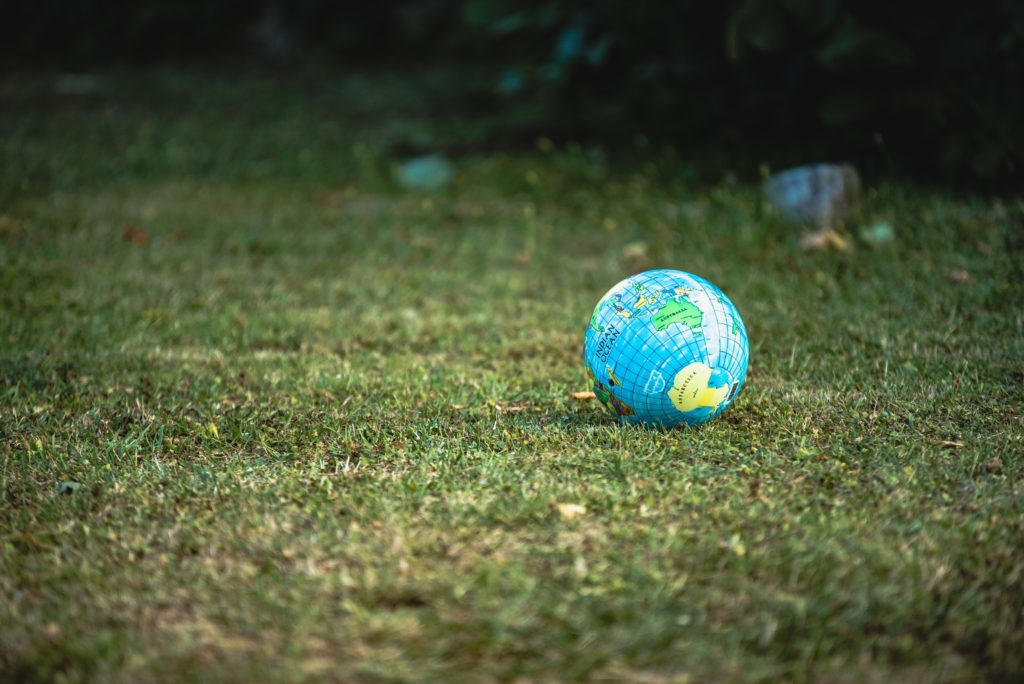GDPR, data privacy, cyber security & sustainability: have we reached digital maturity?
Digital is no longer just a company asset or a way we communicate. For several years now, it has been one of the most important subjects that impacts everyone. While it’s growing in prominence, digital also has a negative side that has to be closely monitored. Users can be exposed to all kinds of abuse, making this is a high priority for the legislator – as well as for every organisation. User rights arm consumers to quickly turn against a brand in case of data leakage or receiving unwanted content. Data privacy, GDPR and cyber security are at the heart of the digital debate.
In addition to major concerns over data privacy, there are also other issues like sustainability at play. In this context, where protecting the environment is essential, digital and sustainability can and should work together.

Digital climax and turning point
With digital ubiquity comes great responsibility
Ethics and all its underlying issues such as privacy and sustainability are becoming major digital challenges.
“Digital occupies such a big place in our lives that it impacts all of us. Everyone now accesses vast amounts of information and shares opinions on various topics thanks to a wide variety of digital tools and platforms”, explains Alexis Mons, Head of Legal & GDPR at Emakina.
Consider social media, for example. It has dramatically changed the way we communicate and express our thoughts. The likes of Instagram, Facebook and Twitter are changing the rules of the game so much that they now have the power to make or break brands, highlight a public personality’s vision and even impact the results of a political election. With the rise of TikTok, this is going even further as everyone can now make viral content and start a trend.

But the magnitude and power that these platforms bring are also raising ethical issues. For example, with the role it played during the 2020 US elections, Facebook is pinned down and questioned on its potential impact on democracy. Never mind that all these platforms can be fake news hubs, causing major negative effects but also requiring constant fact checking. Alexis Mons also points out that digital giants are reaching scales never seen before: “GAFA (Google, Amazon, Facebook and Apple) has become political institutions like any other – even Mark Zuckerberg emphasises the important role of regulations.”
This shows that even if digital is triggering abuse, most of us are aware of the heavy repercussions of using it unwisely.
Data protection and user respect as the new cornerstones
Users’ personal data is easily accessible online. Therefore, it needs protecting. In July 2020, the EU-US Privacy Shield was rejected by the European Court of Justice. This used to allow automatic transfer of customers’ personal data from an EU to a US company. This means that any consumer can turn against a brand for sending his personal data to the US and that brands must act to protect their European consumers’ data. Alexis Mons explains: “The European internet user is not a commodity. Respecting his rights and private life is no longer optional for brands.” Data protection is increasingly regulated and protecting the user has become crucial for companies.
GDPR was only the beginning
The current actions supporting data privacy and GDPR are only the first step. Alexis Mons adds: “Regulations around data protection are currently not that restrictive. But the legal framework is moving fast and major changes are on the way. Companies must anticipate and adapt to future changes. GDPR was the appetizer, now let’s start with the meal.”
Digital and sustainability must operate together
Digital technology and environment: the love/hate story
Despite the progress digital brought, it is now increasingly highlighted for its negative impact on the environment. Indeed, if the internet was a country, it would be the third largest consumer of electricity after the United States and China with a total of 15% of the world’s electricity consumption.
But that’s not all: 4–10% of climate change is attributed to digital from the pollution created by device manufacturing and the high levels of greenhouse gas emissions from data centres. For the past two years, many companies in the sector have started to reflect on solutions to make digital more sustainable. They found that the environment and digital are not as opposed as they seem – they may even be the perfect allies.

What if digital was a new pillar of the sustainability transformation?
At Emakina, we are convinced that the environment and digital can and must work together. We are using our expertise to play our part in sustainable transformation, thanks to digital. But we are not the only ones, and that is good news: even giants of the sector are getting involved and new solutions are popping up everywhere. From Apple using more recycled materials to Microsoft aiming to cancel its carbon footprint, we can see that mindsets are changing.
Even though the road is still long, a revolution is on the way.




